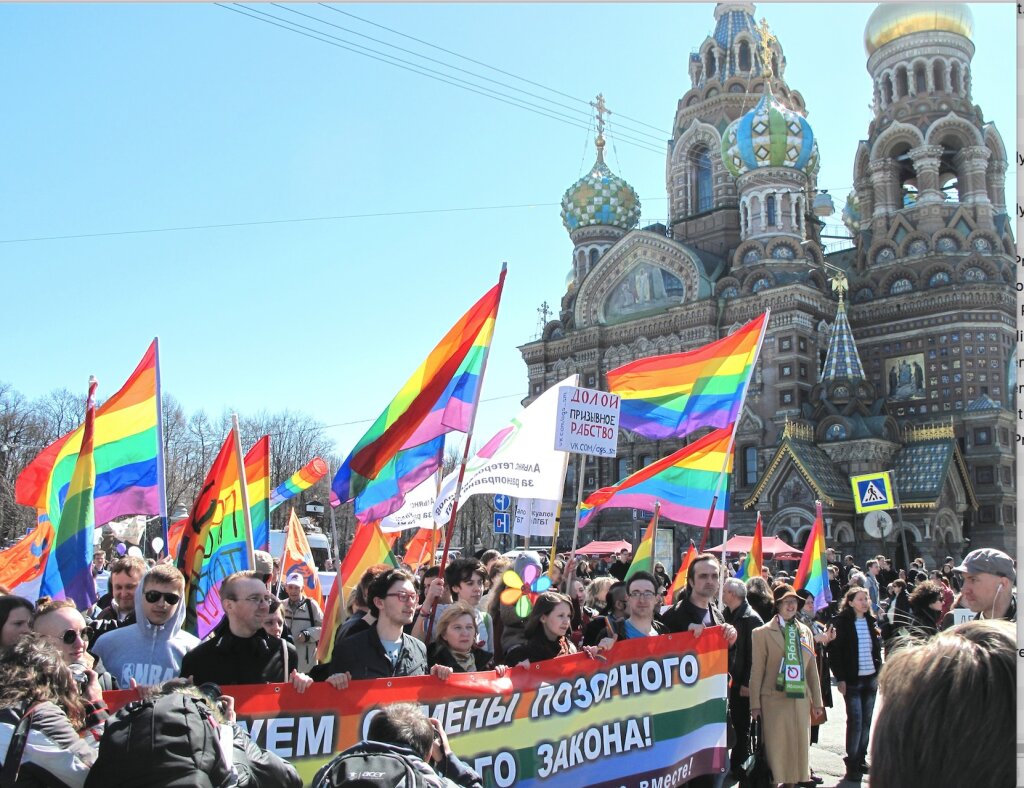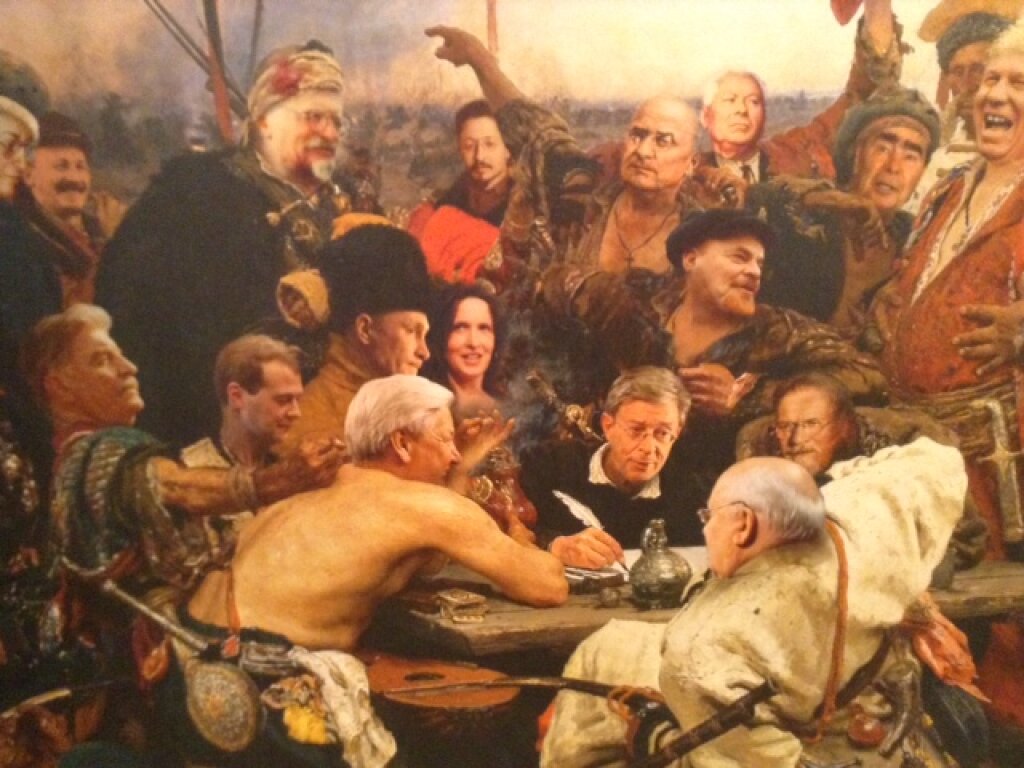The dependably inventive G. Willow Wilson has just come out with a novel called Alif the Unseen, which somehow combines gray hat Arab hackers, would-be Islamic terrorists, and troublemaking djinns into a narrative that never feels overstuffed. Alif takes place in an unnamed City somewhere in the Middle East, and Wilson (a longtime resident of Cairo whose initial claim to fame was her memoir about her conversion to Islam) juggles politics and magical realism with remarkable flair. So what does this have to do with Russia?
Nothing, of course (at least so far; I haven't finished reading yet). But I was struck by the fact that Willson a New Jersey-born transplant to the Middle East, describes a world that is unfamiliar to her target audience while abstaining from the two cardinal sins of fiction about another time or place: her characters are believable and fascinating without ever being exoticized, and she brings her readers up to speed without engaging in what science fiction fans call an infodump (long, awkward explanatory monologues that bring the action to a screeching halt).
Contemporary fiction by and about Russia has to overcome a number of hurdles to reach English-language readers. Far too many of the few Russian books translated into English seem to require an entire scholarly apparatus to make sense to their new readers (footnotes, contextualizing introductions). For whatever reason, English-speaking readers are already reluctant to read works in translation, so footnotes glossing unpronounceable foreign words will only frighten them away, like skittish deer. And as for the novels about Russia written by Americans and the British… few of them manage to be interesting and credible while avoiding howling errors and primitive stereotyping (I'm looking at you, Child 44).
What Russians call spetsifika has always been a barrier to entry. Spetsifika is an umbrella term for everything about a culture that is defiantly local: complex history, idiosyncratic customs, national traditions and/or pathologies, and, of course, untranslatable words like spetsifika. But Russia has no monopoly on spetsifika (at least, not on everyone else's spetsifika). Is Cairo really less baffling to the Anglo-American reader than Moscow? Is the Persian Gulf more immediately comprehensible than Vladivostok?
Wilson shows us that all these obstacles can be overcome, and overcome gracefully. All it takes is talent, insight, and a longtime familiarity with your subject matter. (And perhaps conversion to Islam, but this step can be considered optional for Russia). Moreover, she combines political satire with the antics of perversely appealing magical entities--where have we seen this before? Mikhail Bulgakov effectively invented this sort of thing with The Master and Margarita.
There are some bright spots on the Anglophone Russian literary horizon, such as Catherynne Valente's Deathless and Ekaterina Sedia's The Secret History of Moscow, both of which mine Russian folklore as fodder for urban fantasy. But the great political, magical realist novel about post-Soviet Russia is still looking for its author.


